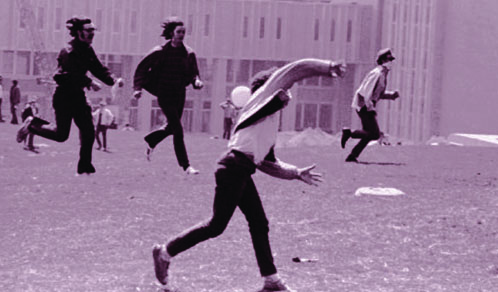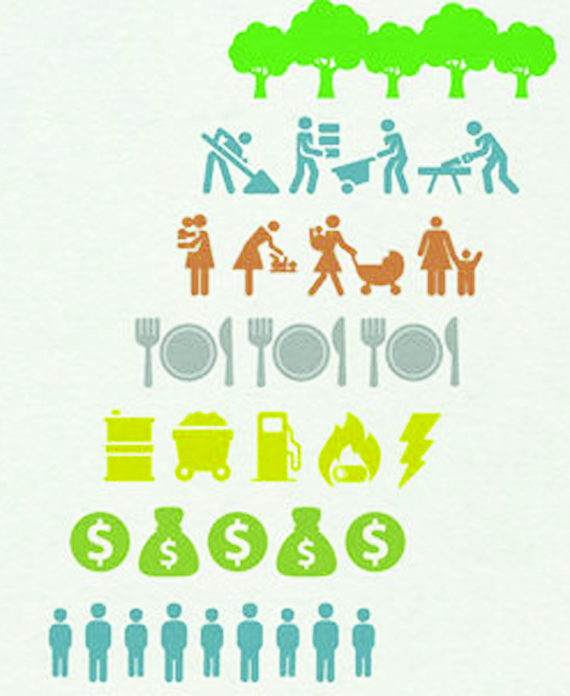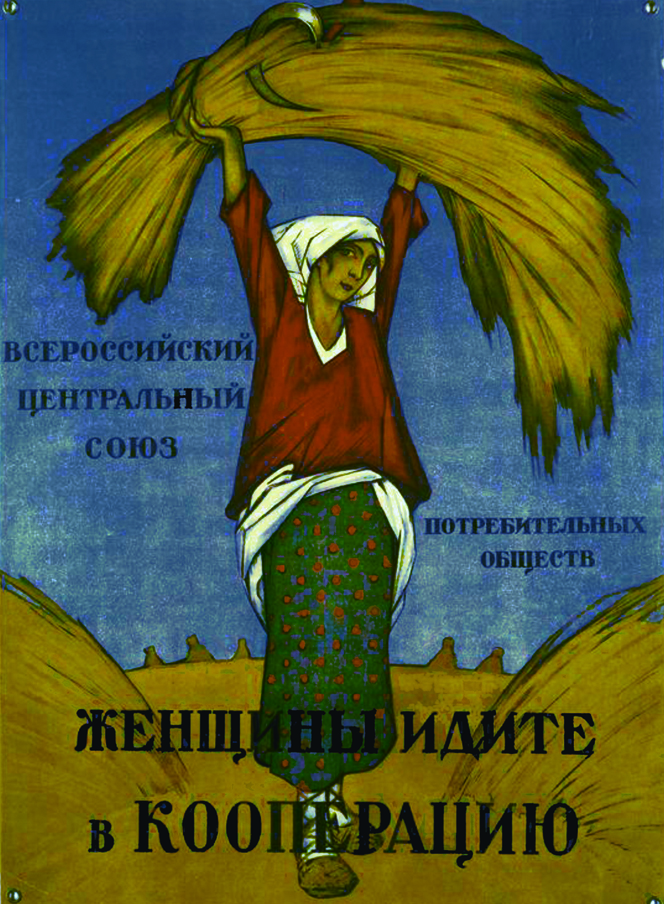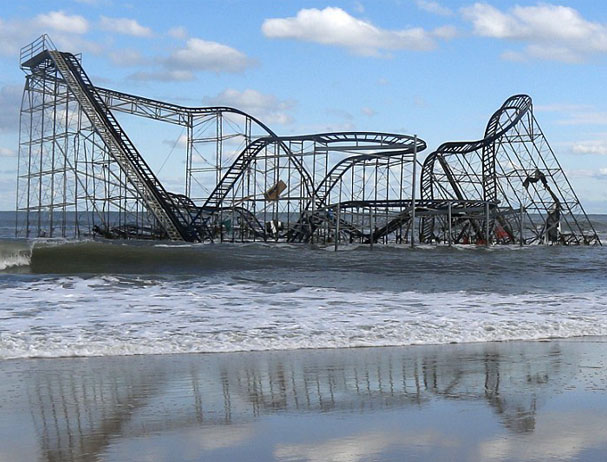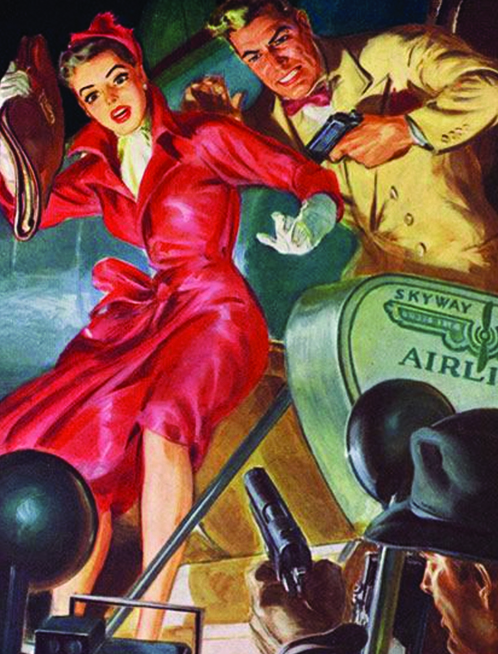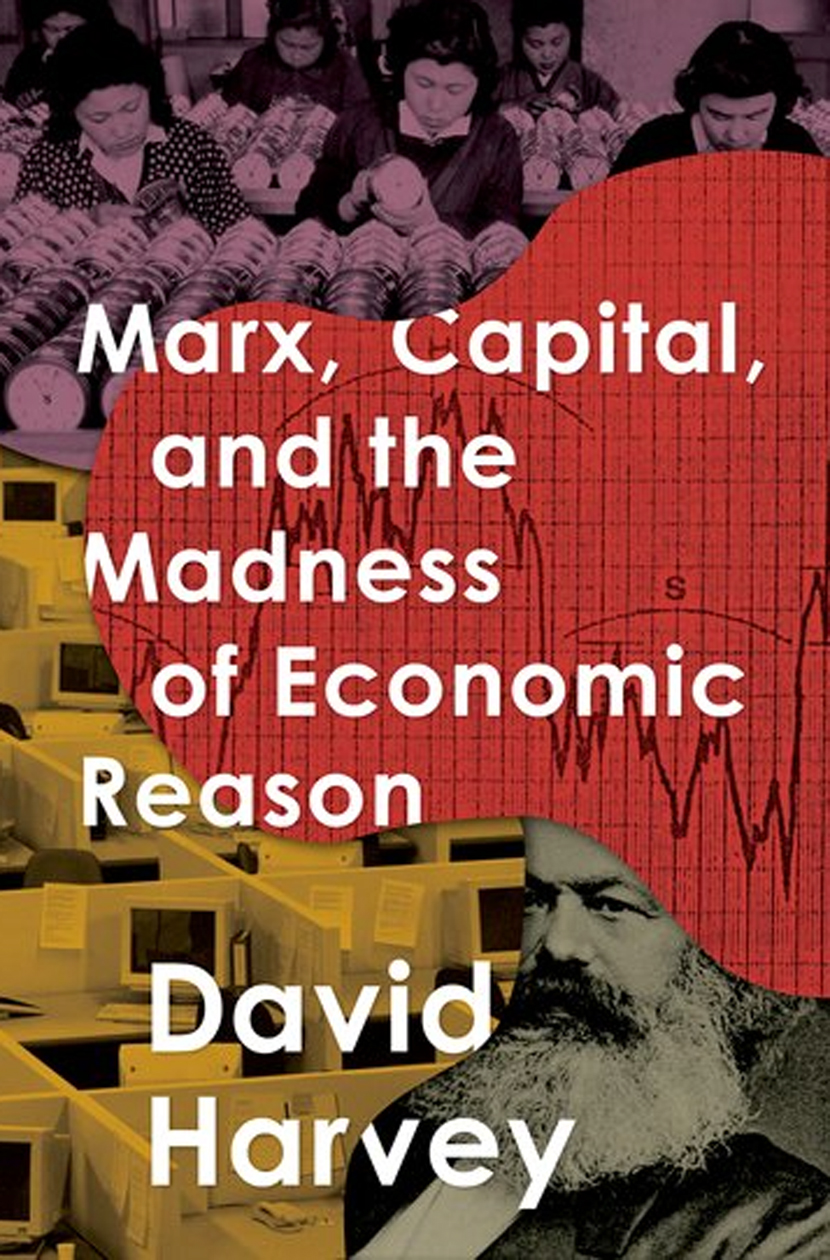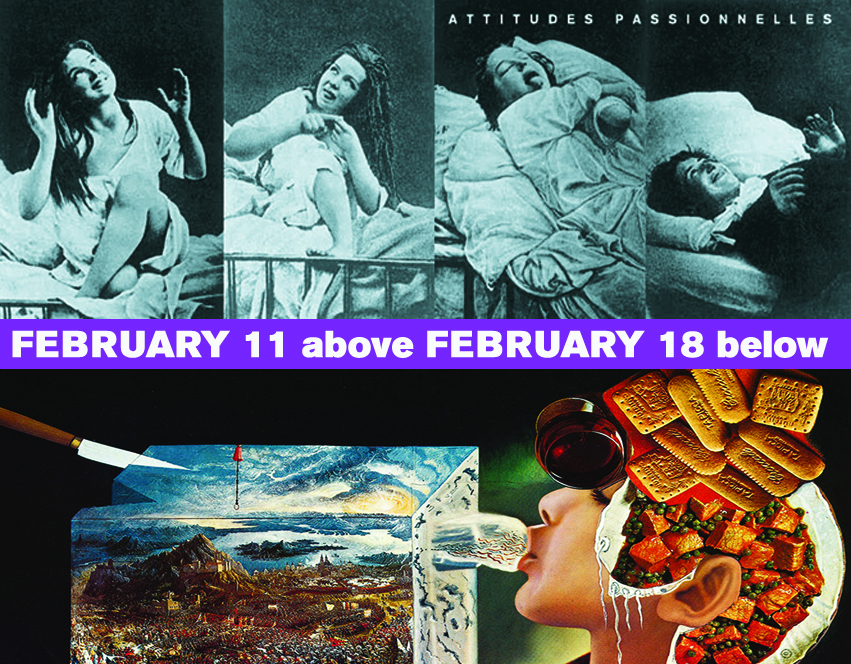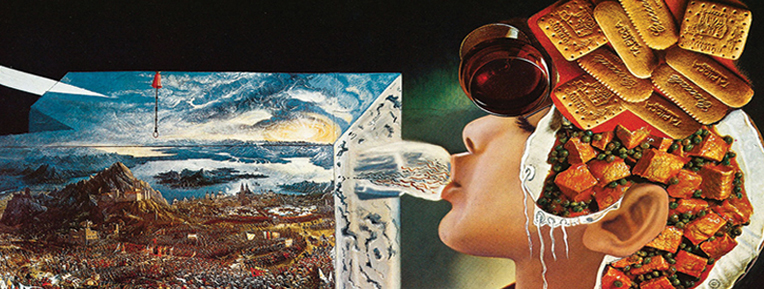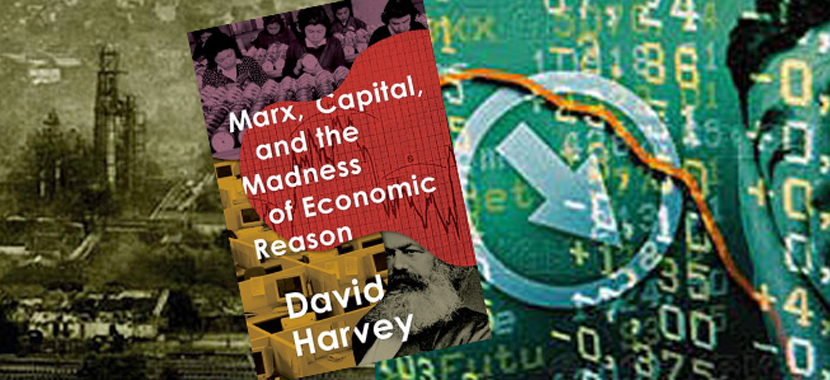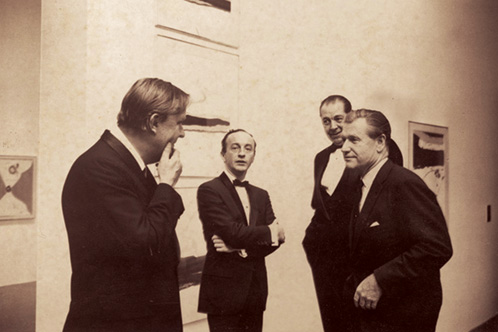Kent State: Death and Dissent in the Long Sixties
New Perspectives Theatre 456-458 West 37th Street, New York, NY, United StatesThomas M. Grace details how the National Guard killings of antiwar students at Kent State University on May 4, 1970, were not a mere tragic anomaly. Rather they were grounded in a tradition of student political activism that extended back to Ohio’s labor battles of the 1960s.
A History of the World in Seven Cheap Things
Bringing the latest ecological research together with histories of colonialism, indigenous struggles, slave revolts, and other rebellions and uprisings, Moore and Patel demonstrate that throughout the history of capitalism, crises have always prompted fresh efforts to restore the seven cheap things.
Let’s Party Like It’s 1917!
Poetry Paraphernalia Pageant
Dancing to the Music
co sponsored by The MEP and Radical Poets
Extreme Cities
New Perspectives Theatre 456-458 West 37th Street, New York, NY, United StatesAshley Dawson argues that cities are ground zero for climate change, contributing the lion’s share of carbon to the atmosphere, while also lying on the frontlines of rising sea levels. He offers an alarming portrait of the future of our cities.
Is Another World Really Possible?
New Perspectives Theatre 456-458 West 37th Street, New York, NY, United StatesWe need a positive vision of a better world and the roads leading to it. So let’s imagine we are future historians living in a peaceful, egalitarian, democratic society on a damaged, but stabilized, planet in the year 2117.
Counter-cartographies of the global supply chain
New Perspectives Theatre 456-458 West 37th Street, New York, NY, United StatesWe will explore the potential for our own insurgent mapping projects, seeking to understand how supply chains are resilient yet vulnerable and fragile—and to identify where working-class solidarity has the greatest possibility to spread up and down the chain, across sectors, borders–and even oceans.
Fridays As In Murder: Women, Violence & Genre Formulas
Brooklyn Commons 388 Atlantic Avenue, BrooklynDrawing upon the potentials of film noir’s formula of restlessness, dread, and discontent within social corruption, women novelists wrote of threats to the domestic sphere and American society emerging as the global hegemon. Women writers explored crime and violence resulting from the racism and class exploitation while some male authors began writing of more complicated women.
Architecture of Doom
Jefferson Market Library 425 6th Avenue, New York, NYFree Film showing of Architecture of Doom at the Jefferson Market Library in Greenwich Village Architecture of Doom 119 minutes, color and b/w, 1991 MEP in Libraries Jefferson Market Library in the Village 425 6th Avenue Saturday, January 20, 2:30PM with discussion to follow Never before seen footage of Hitler's "Degenerate Art" Exhibition, an experiment ... Read more
Fridays As In Murder: Women, Violence & Genre Formulas
Brooklyn Commons 388 Atlantic Avenue, BrooklynDrawing upon the potentials of film noir’s formula of restlessness, dread, and discontent within social corruption, women novelists wrote of threats to the domestic sphere and American society emerging as the global hegemon. Women writers explored crime and violence resulting from the racism and class exploitation while some male authors began writing of more complicated women.
Marx, Capital and the Madness of Economic Reason
From the book: “...a potential tendency for capital in searching to maximise its monetary profit to be drawn to invest in areas that produce no value or surplus value at all. Taken to extremes, either of these tendencies could be fatal to the reproduction of capital. In combination, and the contemporary evidence is that both trends are discernible, they could be catastrophic” (Marx, Capital, and the Madness of Economic Reason, David Harvey, Oxford University Press, p.105).
Politics of the Unconscious: Second Sessions
New Perspectives Theatre 456-458 West 37th Street, New York, NY, United StatesWe will look at the images of the mental patients in the fin-de-siècle Parisian hospital Salpêtrière, many of which challenge the boundary between artistic representation and medical documentation. In light of day one, during the following Sunday, over a Surrealist Brunch,
Politics of the Unconscious and Surrealist Brunch
New Perspectives Theatre 456-458 West 37th Street, New York, NY, United StatesOver brunch, discover some of the grotesque dances by Valeska Gert (Weimar Era), and dance-theater of Pina Bausch and Mats Ek (1970s-80s). Dada and surrealism will not be left behind. We will explore how the aesthetic de-hierarchicalization and commodity culture inform our practices as witnesses and witnessed art makers.
Highlights of Marx’s Capital, Volume 1
2067 Broadway between 71st and 72nd Streets, New York, NY, United StatesThe course provides a basic grounding for participants to pursue further study on their own or collectively. We’ll refer to new resources such as on-line and visual aids and current articles that illustrate capitalism’s developmental tendencies, which Marx calls its laws of motion. This highlights class is for women only. Everyone who identifies as a woman is welcome.
Marx, Capital, and the Madness of Economic Reason, Part 2
From the book: “...a potential tendency for capital in searching to maximise its monetary profit to be drawn to invest in areas that produce no value or surplus value at all. Taken to extremes, either of these tendencies could be fatal to the reproduction of capital. In combination, and the contemporary evidence is that both trends are discernible, they could be catastrophic” (Marx, Capital, and the Madness of Economic Reason, David Harvey, Oxford University Press, p.105).
Degenerate!: Art and the State
...we travel to postwar America, where the elites also held that art should fulfill an ideological (if not overtly political) function, but were politically compelled to denigrate both Nazi and now Soviet control over culture. The CIA worked alongside corporations to install “corporate” non-partisan, inoffensive art that celebrated the individual (i.e. capitalist and not communist) and denigrated anything containing possible, even hinted at, socialist leanings. Abstraction, particularly Abstract Expressionism became their rallying cry.

